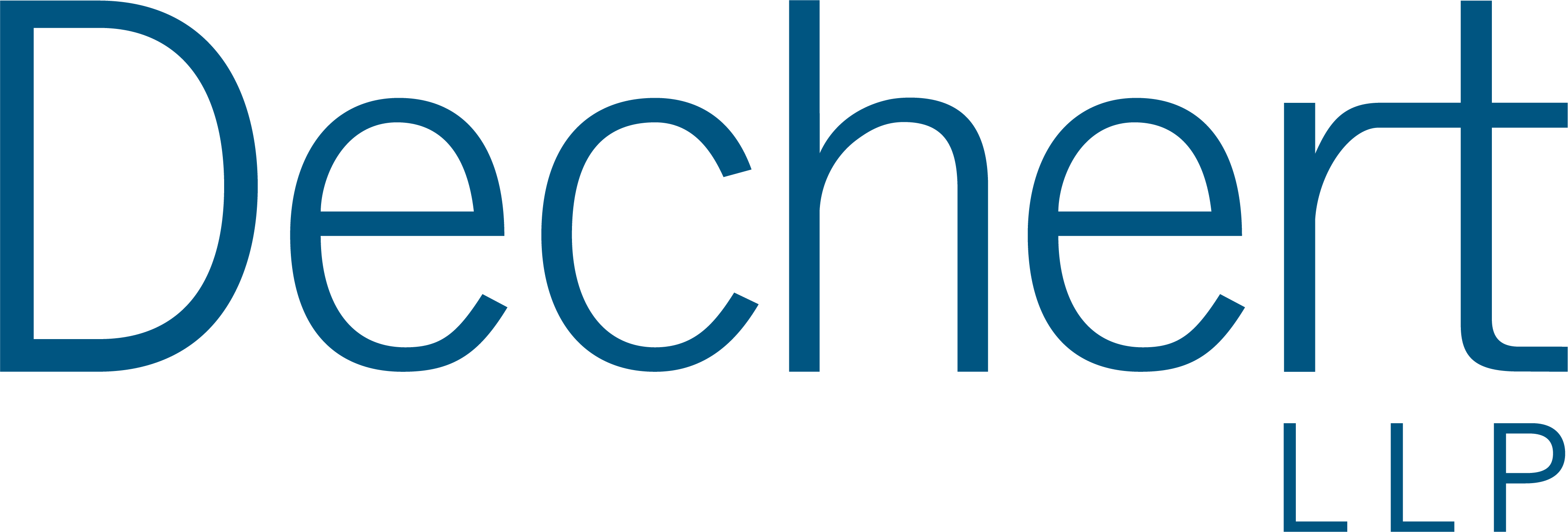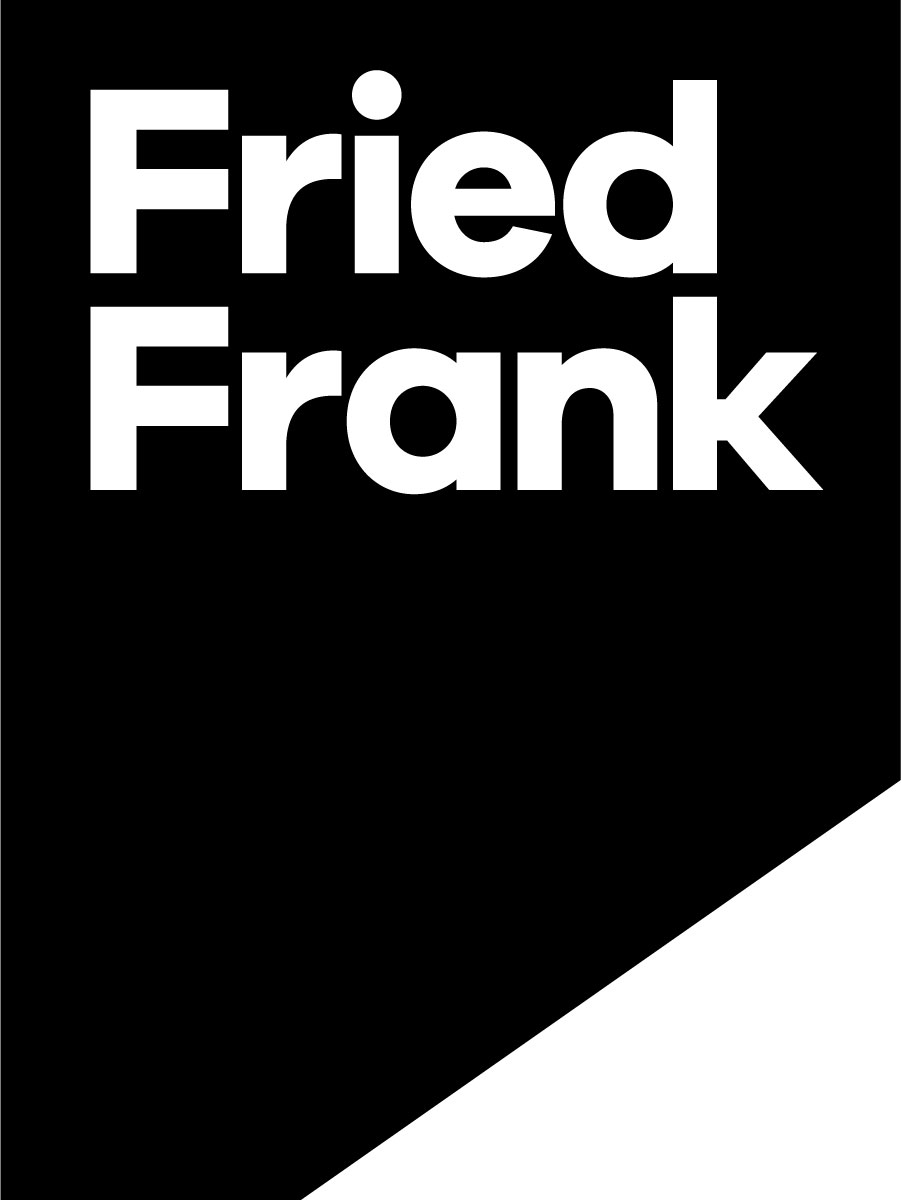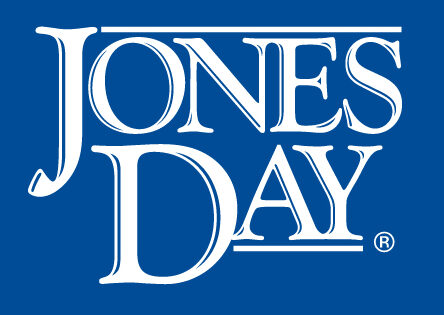The Project on Stakeholder Capitalism, operated by the Harvard Law School Program on Corporate Governance, seeks to foster research, discourse, and education on corporate purpose, stakeholder governance, and corporate social responsibility.
Research studies on the subject by faculty and fellows associated with the Program include:
The Limits of Portfolio Primacy
Roberto Tallarita
Forthcoming, Vanderbilt Law Review (2023)
Discussion Paper No. 2022-7
The Perils and Questionable Promise of ESG-Based Compensation
Lucian A. Bebchuk and Roberto Tallarita
Forthcoming, Journal of Corporation Law (2022)
Discussion Paper No. 2022-3
Stakeholder Capitalism in the Time of COVID
Forthcoming, Yale Journal on Regulation, Volume 40 (1), 2023
Discussion Paper No. 2022-2
The Win-Win That Wasn’t: Managing to the Stock Market’s Negative Effects on American Workers and Other Corporate Stakeholders
Aneil Kovvali and Leo E. Strine, Jr.
Discussion Paper No. 2022-1
Does Enlightened Shareholder Value Add Value?
Lucian A. Bebchuk, Kobi Kastiel, and Roberto Tallarita
Forthcoming, The Business Lawyer, Vol. 77 (2022)
Discussion Paper No. 2022-5
Will Corporations Deliver Value to All Stakeholders?
Lucian A. Bebchuk, Kobi Kastiel, and Roberto Tallarita
Forthcoming, Vanderbilt Law Review (2022)
Discussion Paper No. 2021-11
Corporate Purpose and Corporate Competition
Mark J. Roe
Discussion Paper No. 2021-10
Exit vs. Voice
Eleonora Broccardo, Oliver Hart and Luigi Zingales
Discussion Paper No. 2021-5
Will Nasdaq’s Diversity Rules Harm Investors?
Jesse M. Fried
Discussion Paper No. 2021-4
Lifting Labor’s Voice: A Principled Path Toward Greater Worker Voice And Power Within American Corporate Governance
Leo E. Strine, Jr., Aneil Kovvali, and Oluwatomi O. Williams
Forthcoming, Minnesota Law Review
Discussion Paper No. 2021-3
Duty and Diversity
Chris Brummer and Leo E. Strine, Jr.
Forthcoming, Vanderbilt Law Review (2022)
Discussion Paper No. 2021-2
Restoration: The Role Stakeholder Governance Must Play in Recreating a Fair and Sustainable American Economy – A Reply to Professor Rock
Leo E. Strine, Jr.
Discussion Paper No. 2020-10
ESG Investing: Theory, Evidence, and Fiduciary Principles
Max M. Schanzenbach & Robert H. Sitkoff
Journal of Financial Planning (October 2020)
Discussion Paper No. 2020-5
For Whom Corporate Leaders Bargain
Lucian A. Bebchuk, Kobi Kastiel, and Roberto Tallarita
94 Southern California Law Review, 1467-1560 (2021)
Discussion Paper No. 2020-4
Toward Fair Gainsharing and a Quality Workplace for Employees
Leo E. Strine, Jr. and Kirby Smith
Harvard John M. Olin Discussion Paper No. 1035
Discussion Paper No. 2020-3
The Illusory Promise of Stakeholder Governance
Lucian A. Bebchuk and Roberto Tallarita
106 Cornell Law Review, 91-178 (2020)
Discussion Paper No. 2020-1
Toward Fair and Sustainable Capitalism
Leo E. Strine, Jr.
Harvard John M. Olin Discussion Paper No. 1018
Discussion Paper No. 2019-11
Reconciling Fiduciary Duty and Social Conscience: The Law and Economics of ESG Investing by a Trustee
Max M. Schanzenbach and Robert H. Sitkoff
72 Stanford Law Review, 381 (2020)
Discussion Paper No. 2018-5
Fiduciary Blind Spot the Failure of Institutional Investors to Prevent the Illegitimate Use of Working Americans’ Savings for Corporate Political Spending,
Leo Strine
97 Washington University Law Review, 1007 (2019)
Discussion Paper No. 2018-14
Companies Should Maximize Shareholder Welfare Not Market Value
Oliver D. Hart and Luigi Zingales
Discussion Paper No. 2017-15
Corporate Power is Corporate Purpose II: An Encouragement for Future Consideration from Professors Johnson and Millon
Leo E. Strine, Jr.
74 Washington and Lee Law Review, 1165 (2017)
Discussion Paper No. 2017-2
Corporate Power is Corporate Purpose I: Evidence from My Hometown
Leo E. Strine, Jr.
Discussion Paper No. 2017-1, January 2017.
33 Oxford Review of Economic Policy, 176-187 (2017)
Discussion Paper No. 2017-1




























